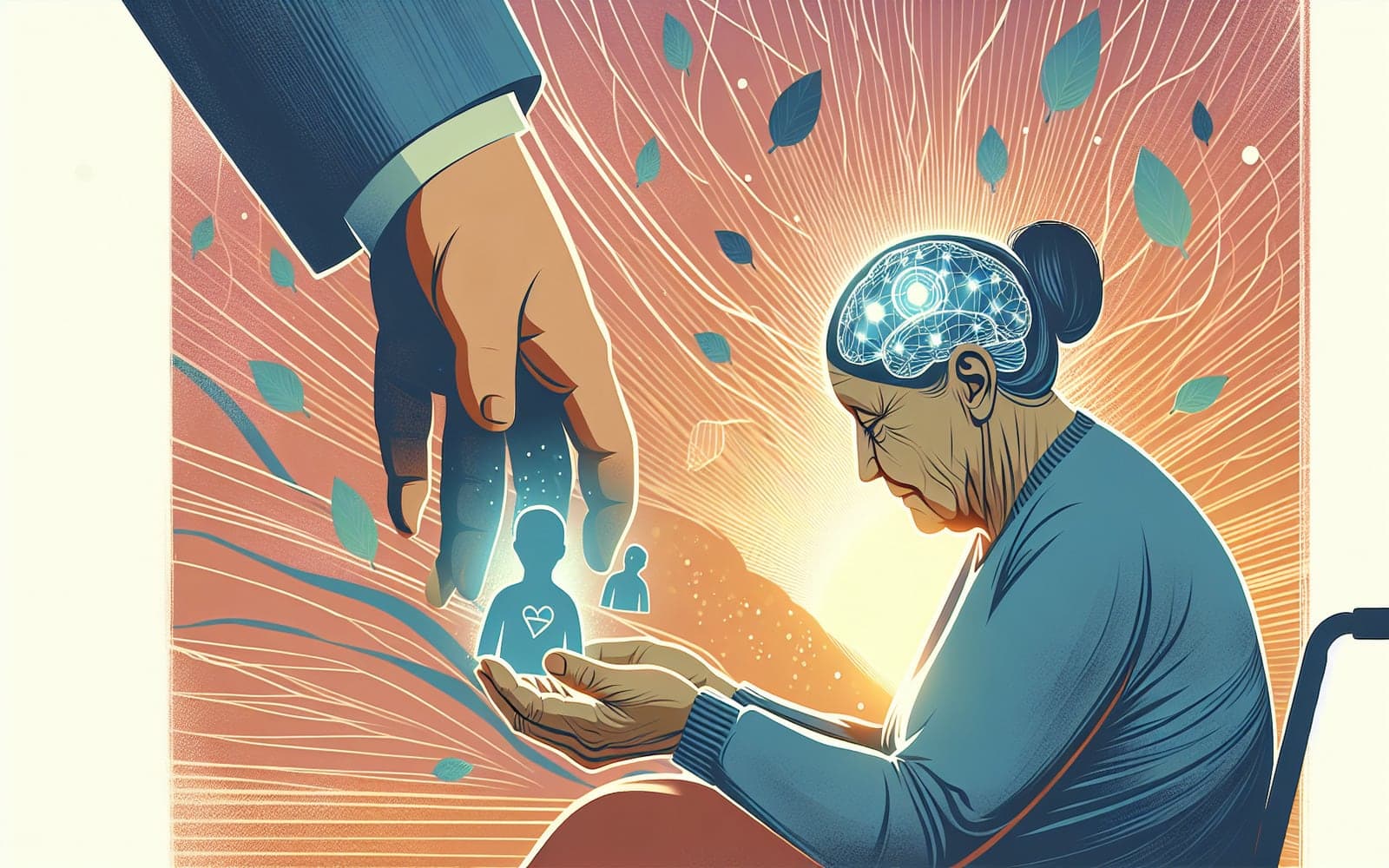How to Handle Aggression in Dementia: Tips and Strategies
Published: Aug 11, 2024
Aggression is a challenging symptom in dementia, impacting both patients and caregivers. Discover effective ways to manage aggression and improve quality of life.
Contents
Identifying the Causes
Aggression in dementia can be caused by various factors, such as pain, medication side effects, or environmental stressors. It's crucial to identify these triggers to manage aggression effectively. Regular evaluations can help in pinpointing the specific causes and addressing them appropriately.
Non-Drug Interventions
Non-drug approaches should be the first step in managing aggression. Techniques like calming routines, providing reassurance, and ensuring a comfortable environment can significantly reduce aggressive behaviors. Engaging patients in activities that they enjoy can also help alleviate aggression.

When Medication is Necessary
In cases where aggression poses a safety risk, medications may be required. Healthcare providers should carefully consider the risks and benefits, choosing the lowest effective dose and regularly reassessing the need for continued medication.
Frequently Asked Questions
Triggers include pain, medication side effects, and stressors.
Calming routines and engaging activities can help manage aggression.
When aggression poses a safety risk and non-drug strategies fail.
Yes, they help identify and address specific aggression triggers.
Key Takeaways
Aggression in dementia requires a careful balance of non-drug and medication strategies.
Discuss your concerns about aggression with Doctronic for expert advice.Related Articles
References
Gitlin LN, Kales HC, Lyketsos CG. Nonpharmacologic management of behavioral symptoms in dementia. JAMA 2012; 308:2020.
Sink KM, Holden KF, Yaffe K. Pharmacological treatment of neuropsychiatric symptoms of dementia: a review of the evidence. JAMA 2005; 293:596.
Always discuss health information with your healthcare provider.

